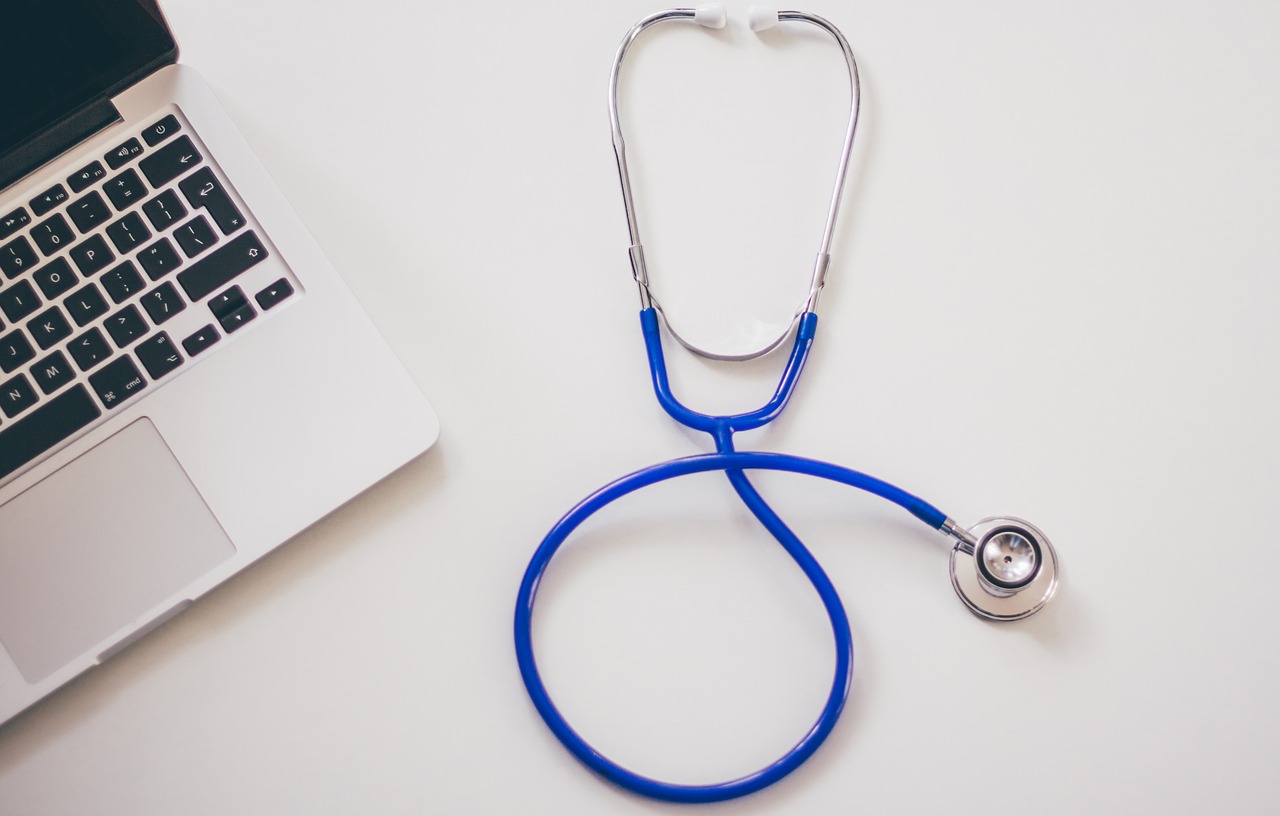Health Justice is Within Our Reach
I grew up in the South Bronx, insulated from the absence of health justice until the fourth grade, when I began attending private school.

I grew up in the South Bronx, insulated from the absence of health justice until the fourth grade, when I began attending private school.

Through social movement advocacy and engagement, BIPOC can create their own narrative of medical need and activism.
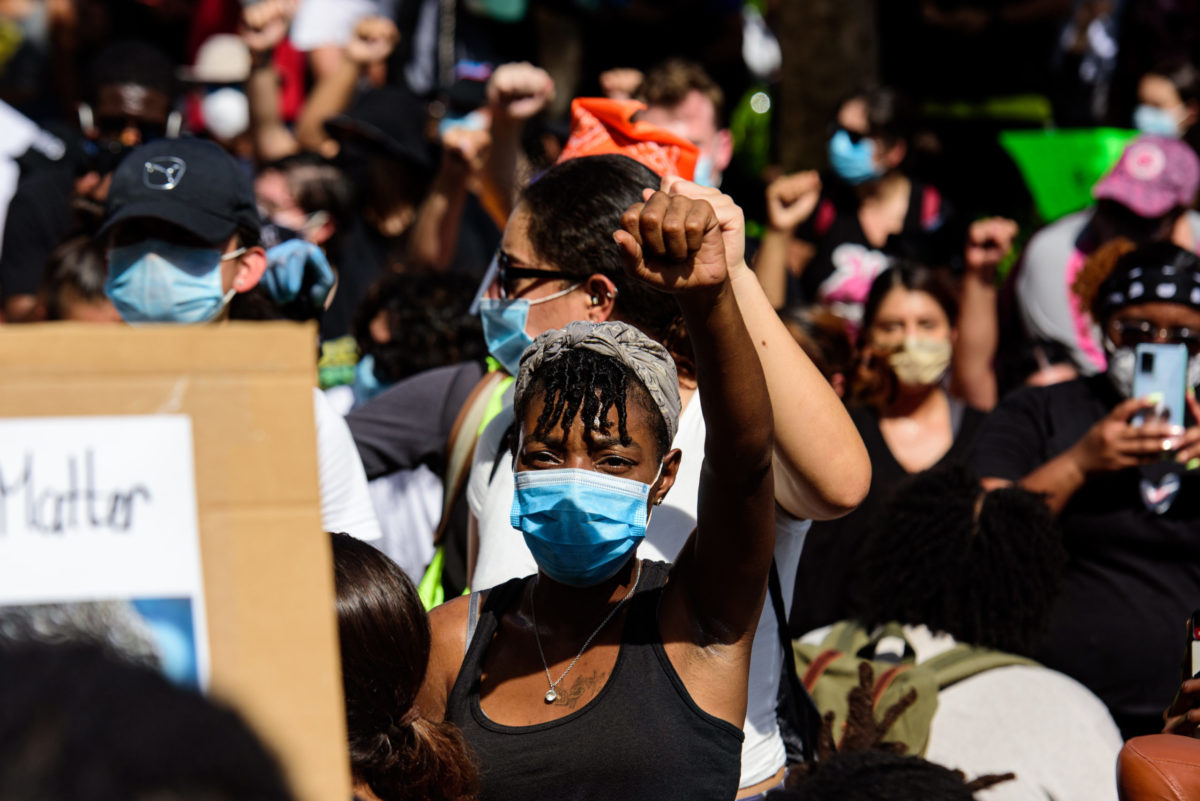
Improving the health of local communities involves rethinking the laws that govern how police interact with the people they serve.
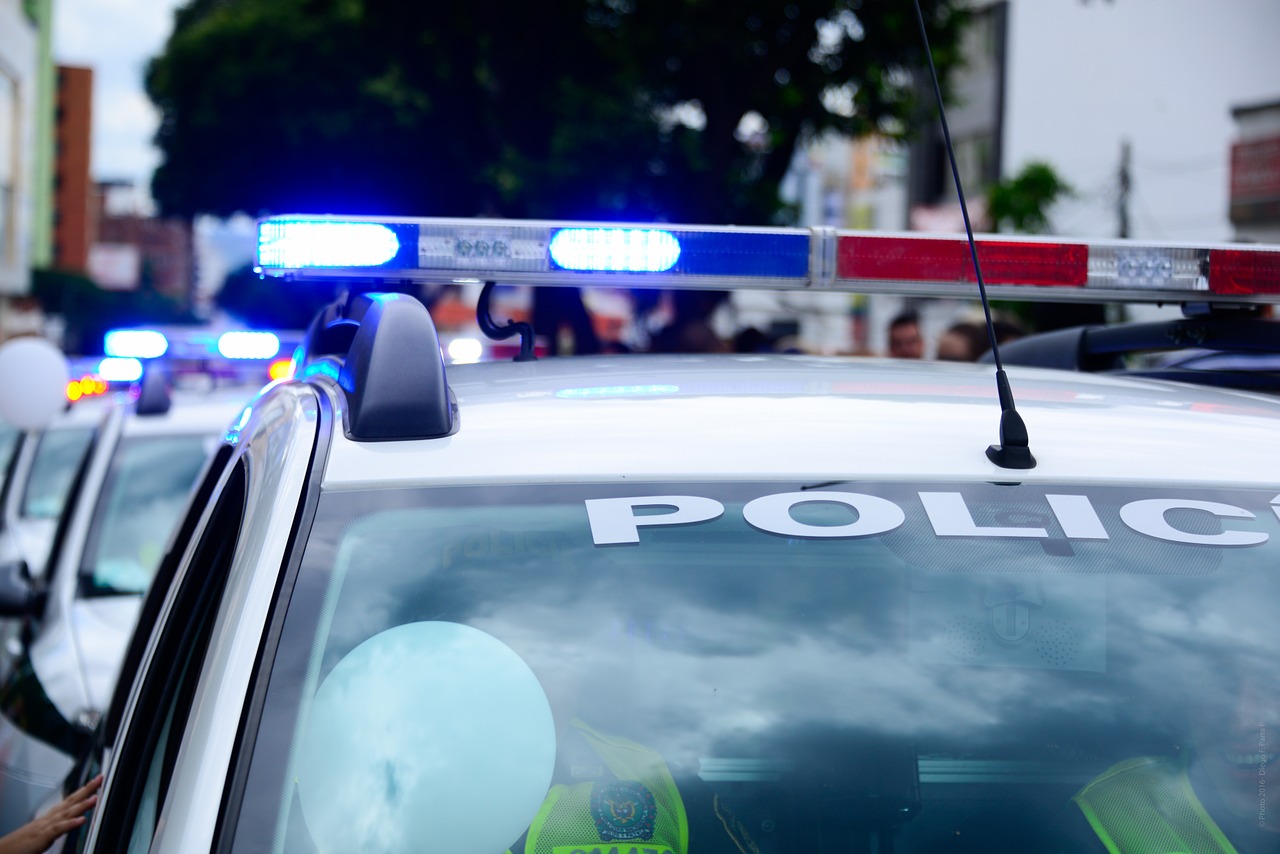
Among the most salient lessons to be learned from the coronavirus pandemic is that justice is just plain good for America’s health.
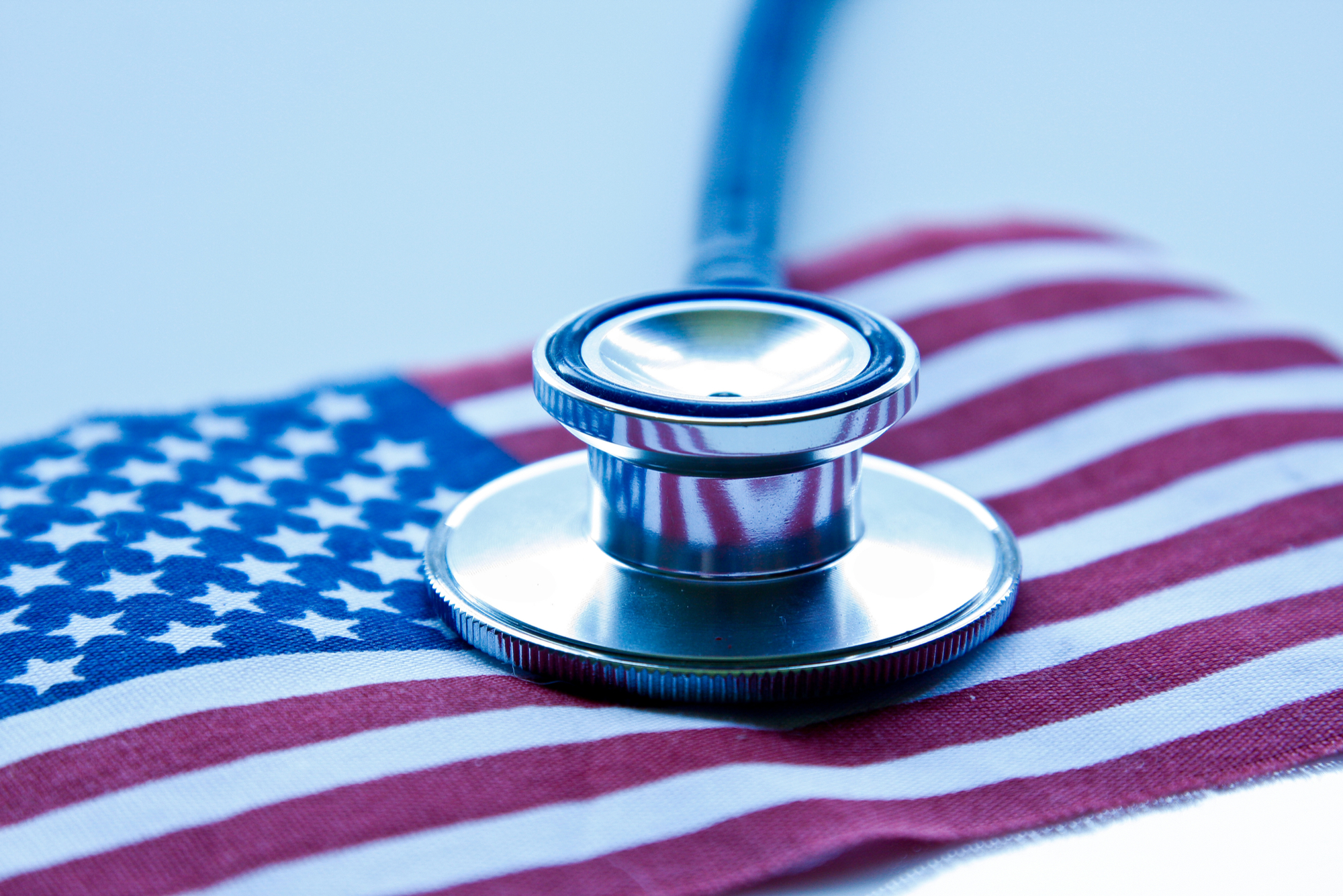
About 1.5 million Black men are missing from daily life because of health challenges, economic instability, and over-policing.
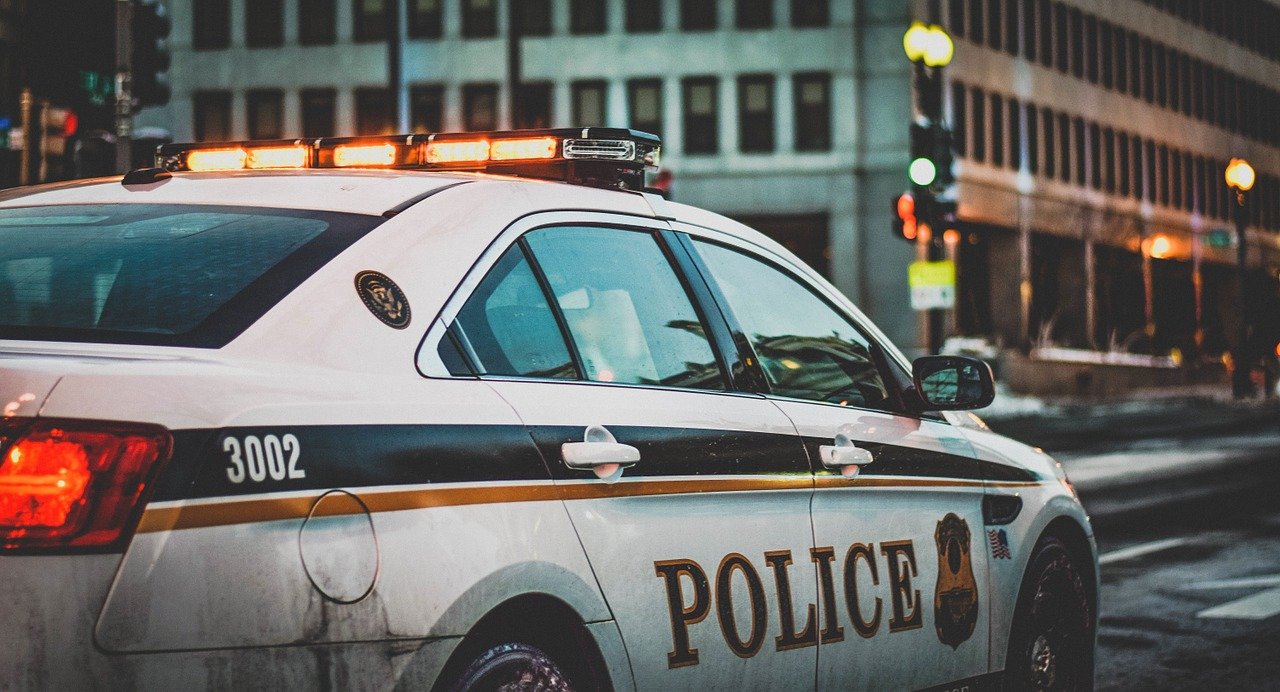
Existing forms of racism or subordination may shape the design of social interventions and impact of risk targeting in harmful ways.
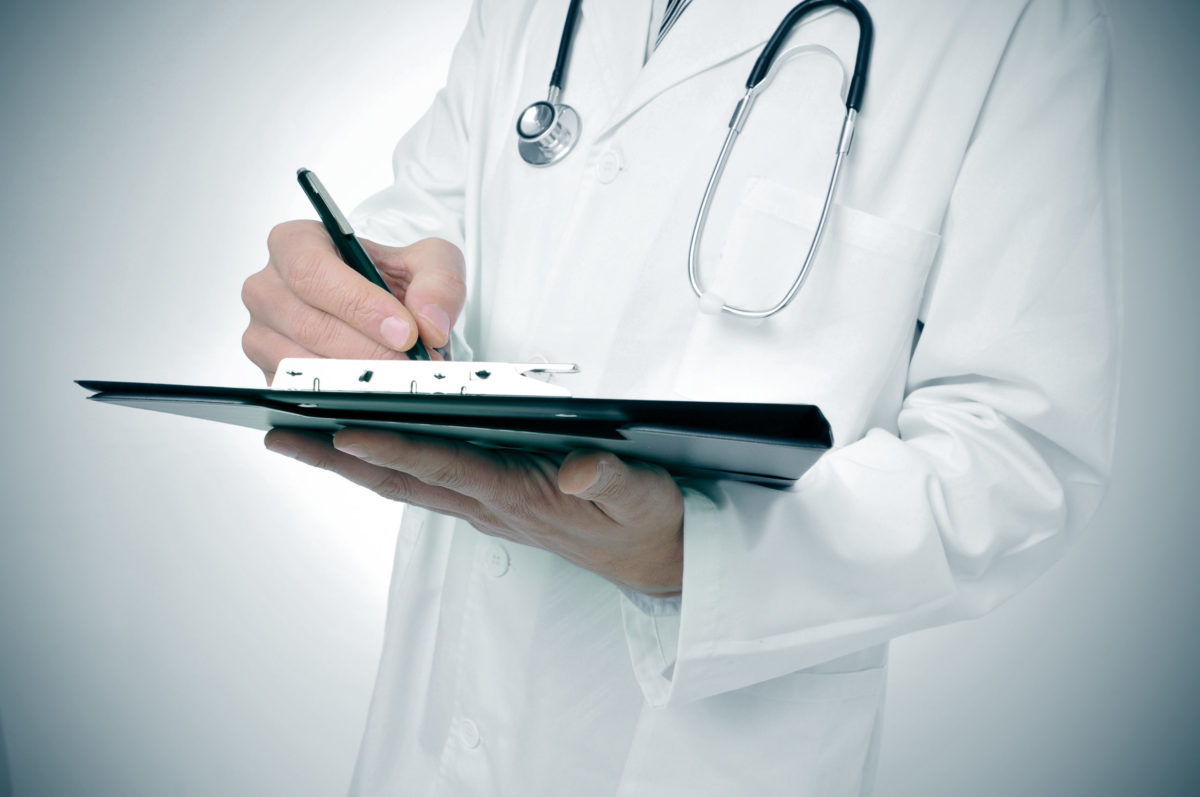
Racism has repeatedly stymied progress toward the good governance of necessities. Anti-racism, therefore, must be at the core of any solution.
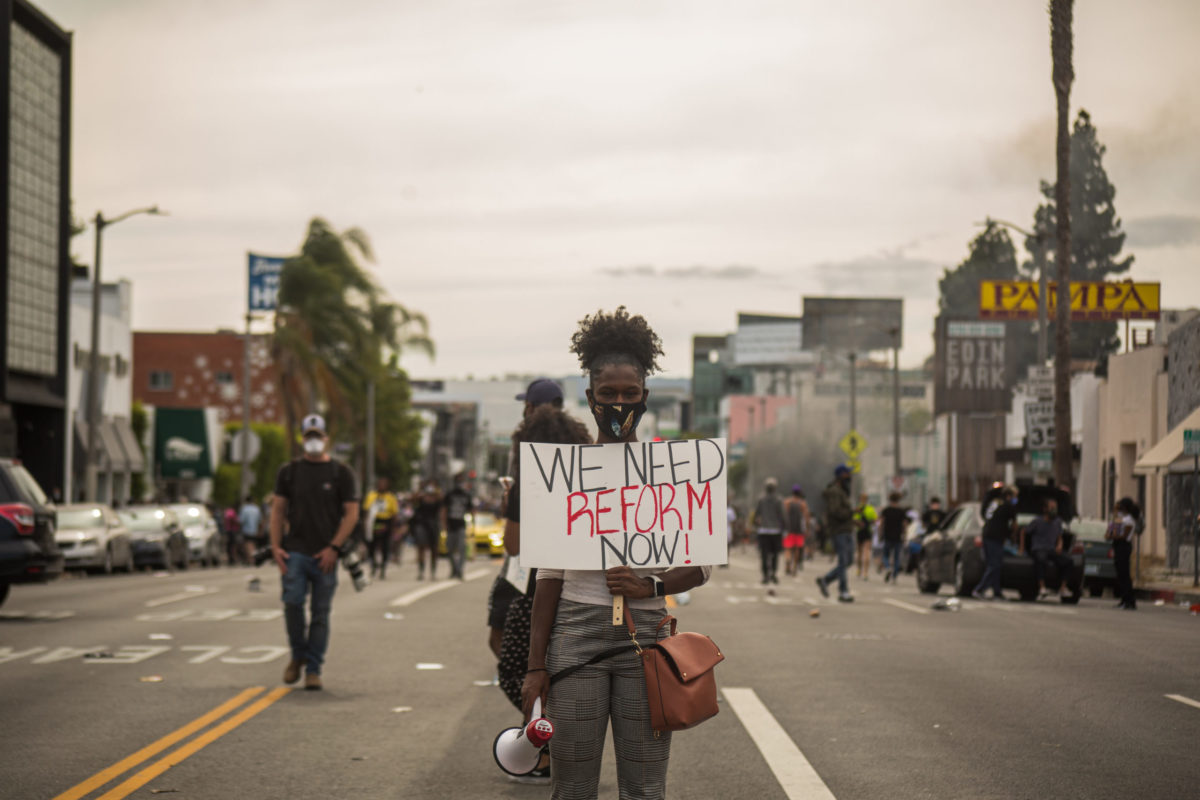
In just three sentences, Justice Holmes delivers a message that has lasted through today: some lives matter more than others.

BIPOC are either subject to hypervisibility, or medical erasure, where their medical needs are left unaddressed and ignored.
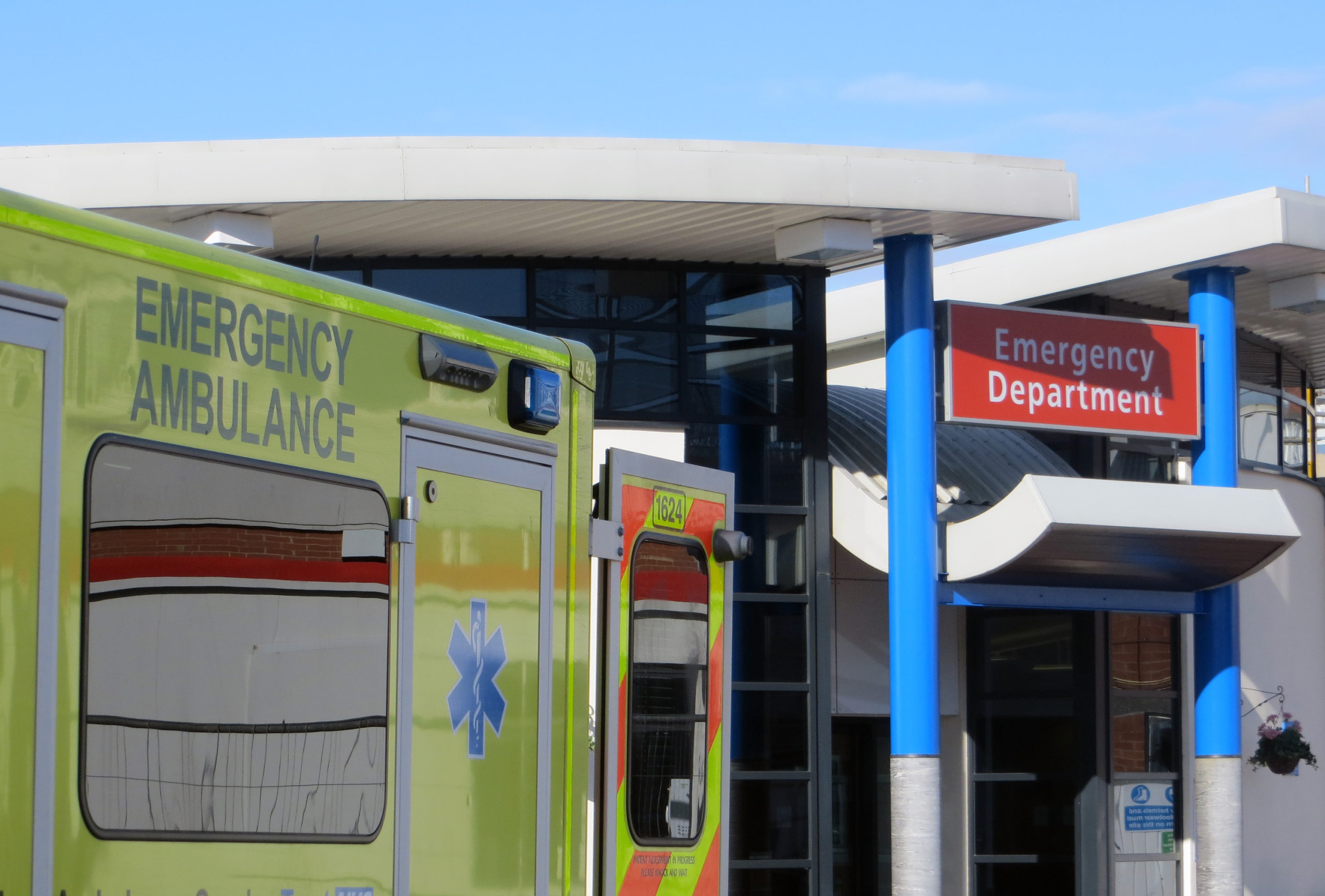
While telehealth may be a panacea for access to healthcare, particularly in COVID times, we should be concerned that patients of color may be left behind.
